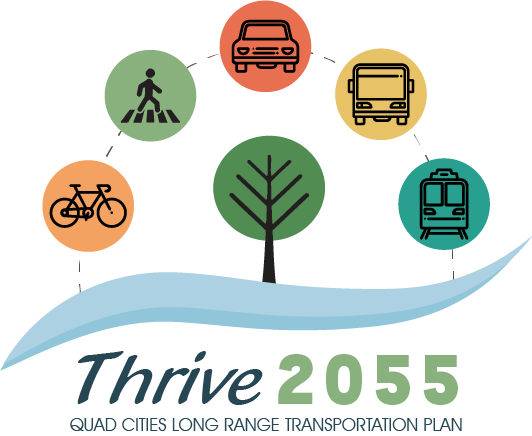January 24, 2018 – Denise Bulat, Executive Director of Bi-State Regional Commission, provided an overview of how the Bi-State work connects with planning for resilience. The definition of resiliency planning is “the ability to prepare for and adapt to changing conditions and withstand and recover rapidly from disruptions.” It also includes “the ability to withstand and recover from deliberate attacks, accidents, or naturally occurring threats or incidents.”
Ms. Bulat noted from prior planning efforts, it is very similar to sustainability planning and requirements. It incorporates transportation planning, hazard mitigation and floodplain management, comprehensive planning, environmental planning, and economic development planning.
Economic development planning resiliency recognizes dependence on a single or few industries, indicates activities for attracting or developing new industries, considers the natural hazard vulnerabilities of commercial development sites, demonstrates the ability to understand trends, and promotes the development of enterprises and technologies that support disaster preparedness and recovery.
Transportation planning resiliency is a new planning factor for states and Metropolitan Planning Organizations (MPOs). It is recommended for MPOs to consult with agencies responsible for natural disaster risk reduction and that metropolitan transportation plans assess capital investment/other strategies to reduce the vulnerability. To assist in this effort, Bi-State is applying for a 50/50 grant for a total project cost of $75,000 to identify key weather variables and vulnerable assets with a focus on extreme weather hazards planning. That grant is from the Federal Highway Administration and entitled the Extreme Weather Vulnerability Assessment Pilot Project. If funded, the project will determine strategies to mitigate near-term and long-term effects of extreme weather events, and results will be incorporated in the 2050 Quad Cities Long Range Transportation Plan.


